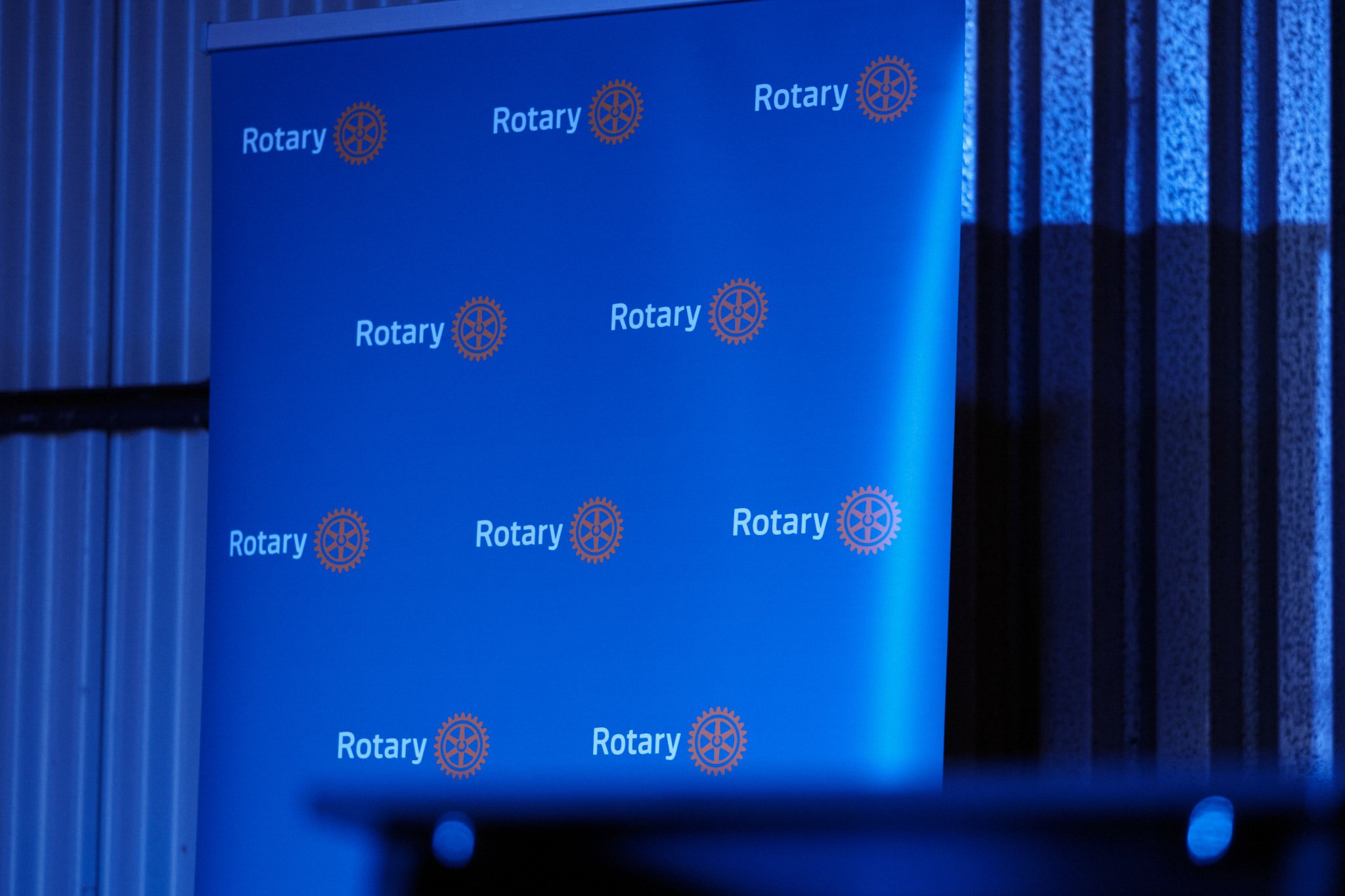
What Is Rotary?
Rotary is made up of three parts: Clubs, Rotary International and The Rotary Foundation. Together, they work to make lasting change in our communities and around the world.
Rotary brings service-minded individuals together, to make a positive difference in the community and the world
Rotary is a global network of volunteer service organisations that are dedicated to addressing societal challenges and promoting positive change in communities. It is one of the largest and oldest service clubs in the world, with a rich history dating back to its founding in 1905 by Paul Harris in Chicago, Illinois.
The main objective of Rotary is to bring together business and professional leaders from various fields to provide humanitarian services, foster high ethical standards, and promote goodwill and peace worldwide. Rotary International, the global umbrella organisation, provides guidance and support to individual Rotary clubs operating in different regions.
Rotary clubs are localised and exist in nearly every country, with members representing diverse professions and backgrounds. Each club operates autonomously and focuses on addressing the unique needs of its local community. These Clubs meet regularly, typically on a weekly or fortnightly basis, to plan and execute service projects, engage in fellowship, and exchange ideas.
Rotary's areas of focus, known as "The Rotary Foundation's Six Areas of Focus," encompass a range of humanitarian and social issues. These areas include:
Peace and conflict resolution: Rotary supports initiatives that promote peace, prevent and resolve conflicts, and address the underlying causes of violence and unrest.
Disease prevention and treatment: Rotary works to improve access to healthcare, support disease prevention efforts, and promote the treatment and eradication of diseases such as polio, malaria, HIV/AIDS, and more.
Water and sanitation: Rotary is committed to providing clean water, sanitation facilities, and hygiene education to communities that lack access to these basic necessities.
Maternal and child health: Rotary supports programs and projects that aim to improve maternal and child healthcare, reduce child mortality rates, enhance nutrition, and expand access to essential healthcare services.
Basic education and literacy: Rotary promotes literacy and education by supporting initiatives that enhance access to quality education, improve literacy rates, and provide vocational training opportunities.
Economic and community development: Rotary encourages sustainable development through projects that focus on economic empowerment, community infrastructure, job creation, and access to markets and resources.
In addition to these focus areas, Rotary also engages in disaster relief efforts, youth exchange programs, scholarships, and various local and international service projects. One of Rotary's most significant ongoing initiatives is the global campaign to eradicate polio, known as PolioPlus, in partnership with organisations like the World Health Organisation (WHO) and UNICEF.
Rotary's commitment to service, ethical values, and international fellowship has made it a respected and influential organisation, with millions of members working collaboratively to make a positive impact in their communities and the world at large.
